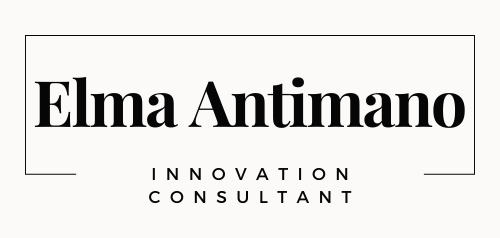As I talk, coach and mentor young professionals, I’m often transported back to my early career. I see the same mix of youthful energy, infectious optimism, and perhaps a touch of naivety about what the future holds. And amidst these observations, one crucial skill consistently stands out as essential for aspiring managers: delegation.
For many young professionals climbing the corporate ladder, the image of success might be the lone wolf, the individual expert conquering challenges single-handedly. But as seasoned leaders know, true leadership thrives not in solo acts, but in the harmonious melody of a well-conducted team. This shift from doer to manager depends on a crucial skill of delegation.
Imagine the corporate world as a bustling orchestra. The young, ambitious doers are the talented instrumentalists, eager to prove their skills with each note. They dive into tasks with laser focus, their hands moving with impressive agility. But just like a single instrument, their brilliance can only go so far.
Managers, on the other hand, are the conductors, using the baton to create a symphony. Their strengths lie in seeing the bigger picture, understanding the strengths of each player, and weaving them into a cohesive performance. This is where delegation becomes the maestro’s magic wand.
Delegation isn’t about giving up responsibility; it’s about empowering your team. It’s about recognizing that your team members, just like you, are talented and capable. By placing trust in their abilities, you unlock their potential and create a space for growth.
I’ve personally experienced the stark contrast between two leadership styles:

- Leaders who delegate effectively: They possess a keen eye for recognizing individual strengths and assigning tasks accordingly. They trust their team members, provide clear guidance, and empower them to take ownership. This fosters a collaborative environment where everyone feels valued and contributes their best.
- Leaders who hoard tasks: These individuals, often driven by a need for control or a misplaced sense of self-reliance, cling to tasks, micromanage their teams, and inadvertently create a competitive atmosphere. This not only stifles individual growth but also hinders the team’s collective potential.
The consequences are clear. Effective delegation fosters trust, engagement, and ultimately, superior results. It allows leaders to focus on their strategic vision, guide their team, and navigate the bigger picture, while empowering individuals to shine in their respective roles.
Letting go can be daunting. The initial instinct might be to cling to tasks, fueled by the belief that “no one can do it quite like me.” But remember, this mindset hinders not only your team’s progress but also your own. As you climb the ladder, the tasks multiply, the demands intensify. Clinging to everything will only lead to burnout and missed opportunities.
Think of delegation as an investment in your team’s learning and development. By assigning tasks that align with their strengths and providing clear guidance, you equip them with the tools and confidence to excel. The outcome? Not just a completed task, but a team member who has grown, taken ownership, and is ready for bigger challenges.
The higher you rise, the more you’ll realize that leadership isn’t about micromanaging every detail. It’s about orchestrating the talents of your team, conducting them towards a shared goal. Delegation is the bridge between being a doer and becoming a maestro, and it’s a skill worth mastering for anyone who aspires to true leadership.
So, take a deep breath, let go of the baton, and trust your team to play their parts. You might be surprised by the beautiful music they create.
Start fostering this skill early. Encourage young people to practice delegation in school projects, organizing events, or leading club activities. Early exposure builds trust, collaboration, and valuable leadership skills that will benefit them throughout their lives.
Reflect on your own delegation practices. Are you empowering your team or holding them back? Identify one area where you can improve and take action today.







